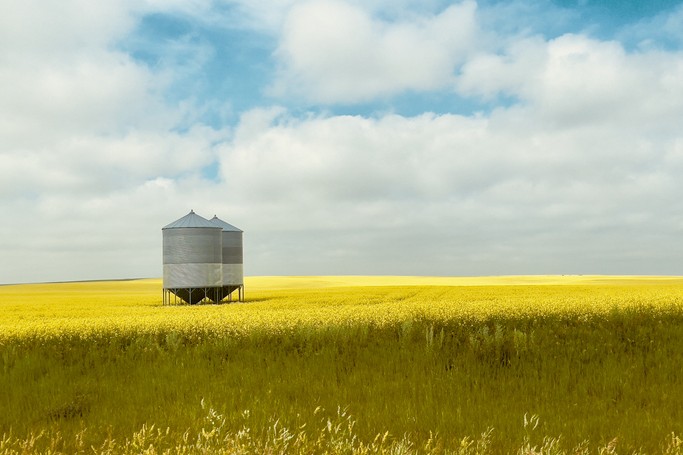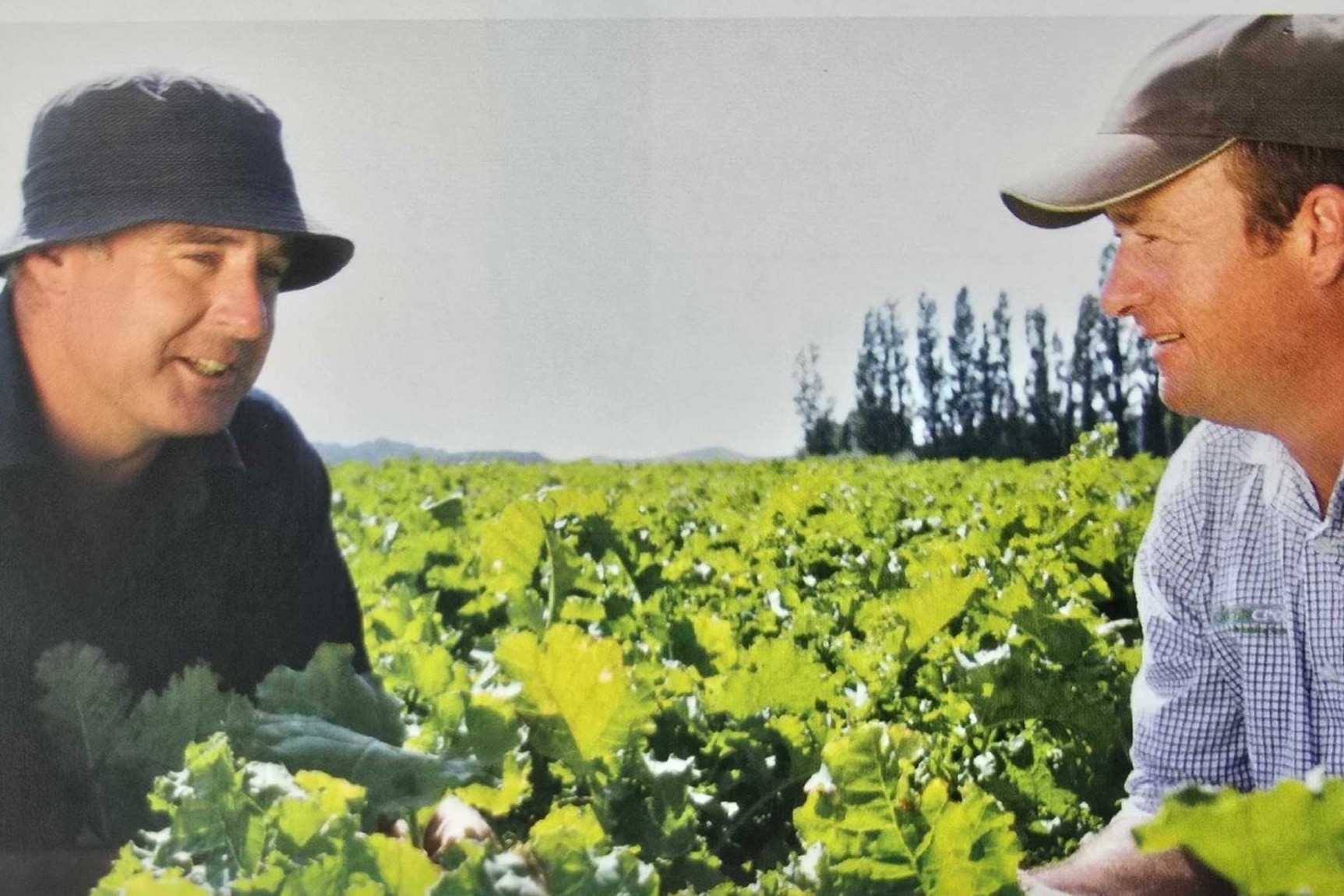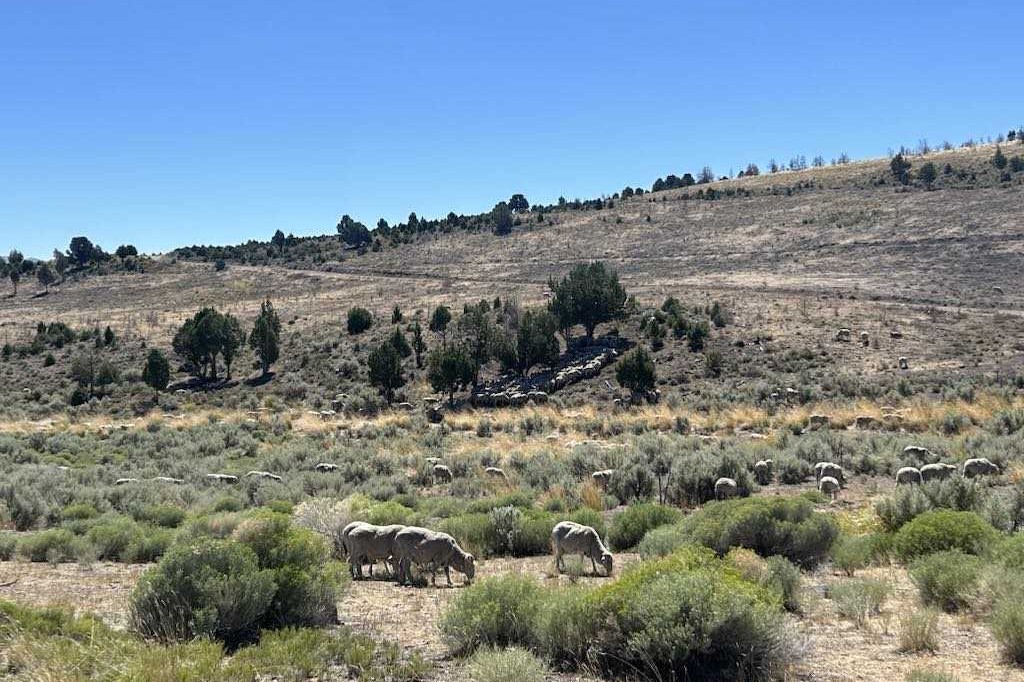Cambridgeshire, England, farmer David Walston took time away from his crops to debate the price of food at the Oxford Union.
I was lucky enough to be invited to propose a debate at the Oxford Union at the start of January, as part of the annual Oxford Farming Conference. The motion was “This house believes cheap food is worth the price”.
It’s actually a pretty interesting question, and surprisingly complex too. I thought that instead of going on about wheat and barley in this column, I would publish an abridged version of the argument I made in favour of the motion. If you want to see the full version, with a bonus additional point, see the Oxford Farming Conference website, where there is a video of the entire debate.
Are we perfect as farmers? Definitely, certainly, 100% NO. There is huge room for improvement, whether that be pesticide pollution, soil erosion, the treatment of livestock or a thousand other things.
Farming can be, and sometimes is, a total disaster zone. But that does not mean it cannot reflect, evolve, and improve.
There are two ways this might happen with the carrot, or the stick. Unfortunately, most farmers, such as myself, are dinosaurs, and are highly suspicious of even the biggest, juiciest carrots being dangled in front of their noses. We are already trying this approach, by trying to promote best practice. But without real money going into real research, there is a massive limit on what we can achieve.
Also, farming is tricky. There are no silver bullets. Inertia is high, and change is a risk that many do not want to have.
No, the real motivator for change will come from the stick, for as much as agriculture is under invested, it is also under regulated.
A farmer’s factory floor is the whole world, and there is no reason we should be allowed unfettered permission to treat it as we please in the name of profits, or even of cheap food. Backed up by proper, targeted and applicable research and investment, the way to improve our industry is through government regulation, which should, and can, make all of our businesses better at the same time as making the world a better place. This is why, even though the “price” of food is currently high, it does not have to be. We can fix it. We can, to misquote the finest political minds of our lifetime, “Get Farming Done”.
That brings us on to the “cheap” bit of my argument. What does cheap actually mean? That is really the critical point. The problem is, our world is relative, not absolute, and there is no such thing as cheap, or expensive. Only affordable and unaffordable. Who here can really stand up and say they are not in favour of affordable food?
Affordable food is something which probably everyone in this room enjoys every day. Is it a luxury, or is it a right? Happily, over the last century it has become more of the latter, and less of the former.
It’s over this time period that we have seen the real rise of affordable food, and the effect that has had. How can I say this? By looking at the manifestations of when food becomes unaffordable – in a famine. We don’t often learn about them in school – at least not in my sub-standard education – but the 10 worst famines of the 20th century saw over 50 million people die just from a lack of calories.
Of course, you could try and argue that these were not down to a lack of food, only poor distribution. But ask yourself this – did the rich people also starve to death, or just the poor?
Money always, always, always, buys food. If you don’t think that’s a sensible argument, or perhaps even that sometimes populations need to decrease, then ask yourself, would I volunteer to be one of the starving masses? Or if not, which of my friends should die in my place?
So how can we make more food more affordable for more people? If you are poor, then there is only one way to make food more affordable, and that is by making it cheap. Luckily, the combination of scientists and farmers has nailed it.
In the last 70 years, the world’s population has roughly tripled, whereas grain production, a pretty handy proxy for calories, has quadrupled. And what do we all know? Supply and demand. More grain, cheaper prices. Cheaper prices, more affordability. And we know this is working. The number of famines, and the amount of people dying in them, has fallen dramatically in recent years.
So in conclusion there are two main points. Yes, farming can be bad, and sometimes the “price” of food is high – too high. But it doesn’t need to be – we can fix it. Secondly, and most importantly, if you are in favour of less food, or more expensive food, you are in favour of more dead poor people.




